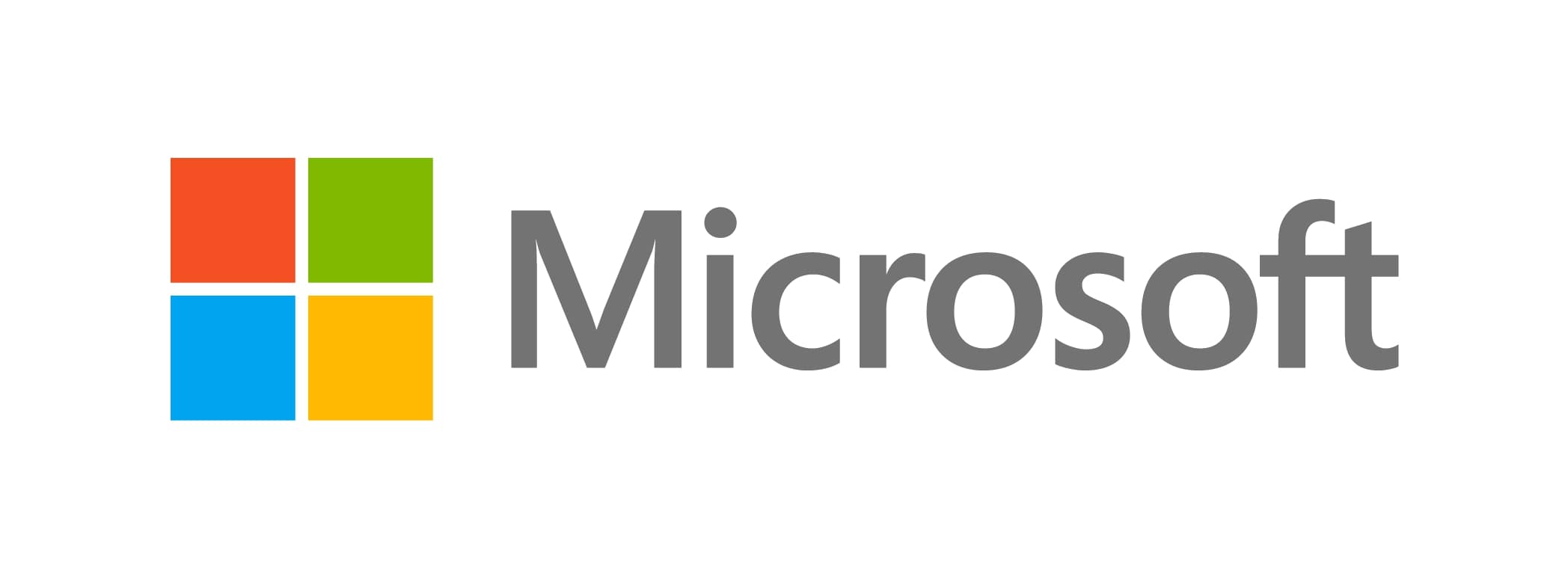Ravi Bhat, CTO & Director Microsoft Solutions Team
Tech companies like Microsoft are celebrating recent breakthroughs in the battle against tech support scams, which have increasingly been targeting millions of unsuspecting victims across the Middle East and Africa (MEA).
In these scams, fraudsters trick consumers into handing over control of their computers and personal information by pretending to be from reputable technology companies and peddling bogus security software and services. This not only allows scammers to steal personal information, but also to install malicious software that they can use to con people out of large amounts of money.
But recent research suggests consumers are becoming increasingly aware of these scams, and are taking the necessary precautions to protect themselves. Last year, a study commissioned by Microsoft’s Digital Crimes Unit (DCU) found that despite the continued prevalence of tech support scams, the percentage of consumers who have been exposed to these scams has decreased slightly, and people are losing less money.
South Africa follows global trend
Tech support scams affected 71% of South African consumers in 2018, down seven points from figures in 2016, according to the study.
While the same proportion of South African consumers were fooled by scammers in 2018 as in 2016 fewer reported losing money after they continued, with the percentage who continued and lost money falling from 8% to 4%.
The decline of the number of scams in South Africa is symbolic of the global trend where the percentage of consumers who reported experiencing a tech support scam was 63%, down from 68% in 2016. Those who lost money directly from a tech support scam fell 3 points to 6%.
This decline was fuelled by fewer pop-up ads or windows.
Unsolicited contact has become a red flag for consumers that signals a potential scam. Consumers have also developed a healthy skepticism about unsolicited contact from technology and software companies.
If faced with unsolicited contact from a reputable tech company, 38% of consumers would try to block that company from making contact in the future and 33% would look up the issue online. Interestingly, 46% of consumers rely on search engines to research tech support scams while 31% use company websites.
Using smart technology to shut down scams
The study also found that sophisticated technology is playing a significant role in combating tech support scams.
For example, Microsoft’s DCU team uses machine learning to train a system to recognise something – such as similar words or images – as and when it’s given more data that shows what it’s looking for. Similarly, AI tools that are run on Microsoft’s Azure cloud computing platform can look for image similarity, content and other visual clues that would determine the chances that an internet pop-up is fraudulent.
Computer vision API from Microsoft Cognitive Services can also be used to scan internet ads for phone numbers and other bits of information that could provide clues as to their origin. And data visualisation tools like Power BI can create interactive, easy-to-understand charts that can help law enforcement understand patterns such as users’ age, the geographic locations that scammers were targeting and the approaches they were taking in those areas.
Microsoft is also tapping into the need for education and improved security measures in its technology. The Windows platform now includes security features and updates with free real-time protection, while the SmartScreen filter built into Microsoft Edge helps protect against malicious pop-ups.
Staying ahead
The findings of Microsoft’s tech support scams survey indicate that both education and technology can play a role in combating tech support scams in MEA. However, the best way for consumers to protect themselves from tech support scams is to be vigilant and keep their wits about them.
This, combined with continued efforts by tech companies to combat these scams, has the potential to discourage future scammers from trying their luck.

